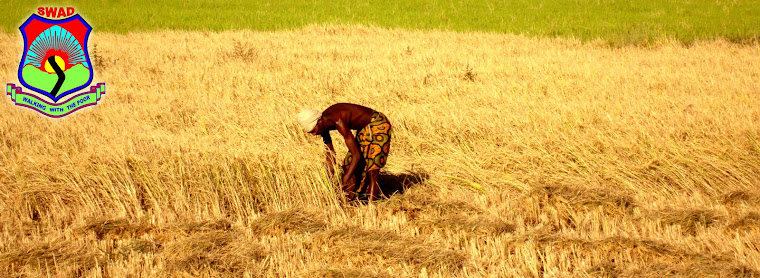1. JEEVIKA: ENSURING LIVELIHOOD SECURITY THROUGH PROMOTION OF MODERN TECHNIQUES IN AGRICULTURE,IN GULLUBA AND KHARIGUDA GRAP PANCHAYATS OF MOHANA BLOCK IN GAJAPATI DISTRICT, ODISHA, INDIA.
2. SAMRUDHI:ENSURING LIVELIHOOD SECURITY THROUGH PROMOTION OF MODERN TECHNIQUES IN AGRICULTURE,IN BAISING AND KARUBAI GRAM PANCHAYATS IN RAYAGADA BLOCK, RAYAGADA DISTRICT, ODISHA, INDIA.
3. PACS: FACILITATING THE MARGINALIZED IN ENSURING THEIR LIVELIHOOD THROUGH DIFFERENT ENTITLEMENTS ESPECIALLY THROUGH MGNREGA, FRA AND REVENUE LAND IN 26 GRAM PANCHAYATS IN 5 BLOCKS IN RAYAGADA DISTRICT, ODISHA, INDIA.
4. CMDRR: FACILITATING THE PEOPLE LIVING AT THE BAGSADHARA RIVER NEAR GUNUPUR WITH TECHNIQUES OF REDUCING THE RISK OF DISASTERS CAUSED BY FREQUENT FLOODS.
5. PEACE BUILDING: FACILITATING THE COMMUNITIES OF LOBBA, JEERANGO AND POTTAR GRAM PANCHAYATS OF RAYAGADO BLOCK OF GAJAPATI DISTRICT, ODISHA, INDIA, IN HAVING A PEACEFUL COEXISTANCE THROUGH DESIGNING COMMON PROGRAMS.
6. PEACE BUILDING AND CONFLICT TRANSFORMATION: FACILITATING THE COMMUNITIES OF 10 VILLAGES IN TEN GRAM PANCHAYATS OF GAJAPATI AND GANJAM DISTRICTS, ODISHA, IN TRANSFORMING THE CONFLICTS ARISING FROM COMMON ISSUES INTO POSITIVE RESULTS THROUGH COMMUNITY INITIATIVES AND ACTION.
7. COMMUNITY HEALTH PROMOTION












